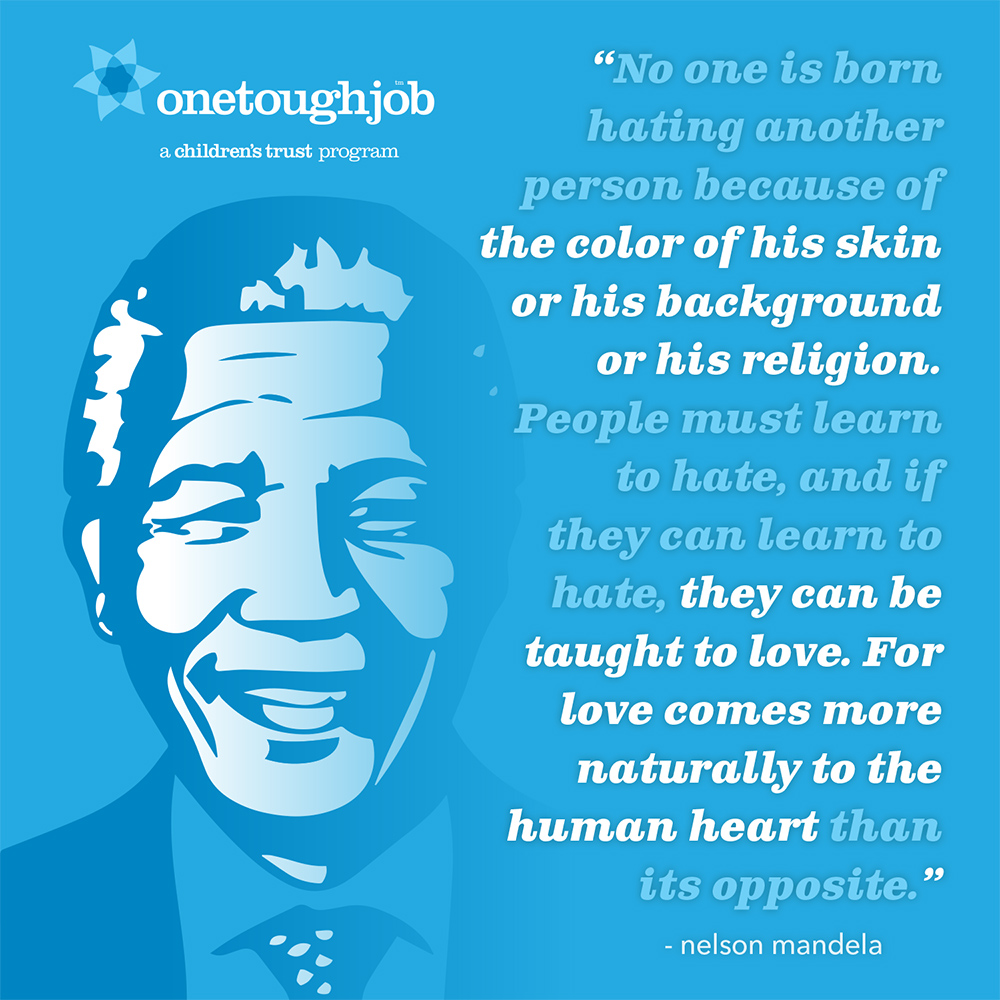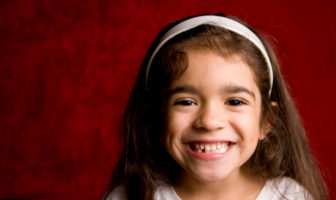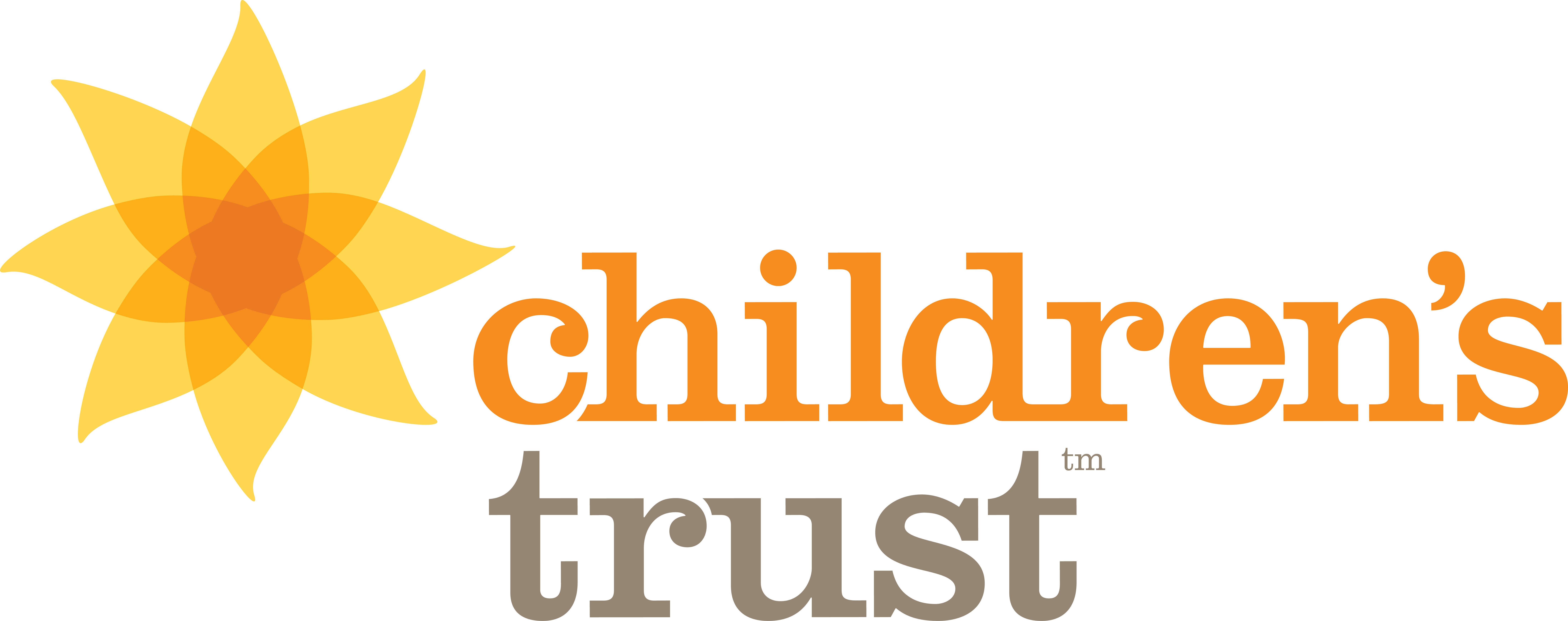It is important for your child to be aware of what is going on in the world, but certain events can promote feelings of helplessness among children of all ages. It is not realistic or healthy that we should try to cut our children off entirely from what is shown in the news, on social media, or in everyday life. However, by maintaining consistent and honest lines of communication with your child, you can help to protect their belief that they can have a positive effect in their community and the world.
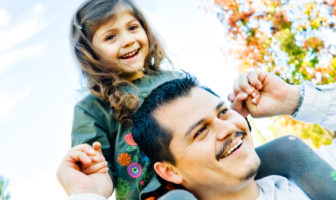
No Place for Hate - Talking to Kids About Racism, Bigotry & Hatred
We are deeply saddened and troubled by the weekend’s events in Virginia, and closer to home, the shattering of a glass pane on Boston’s Holocaust Memorial for the second time this summer. Just as Boston stood strong in the wake of domestic terrorism during the 2013 Marathon bombing, Boston and Massachusetts will stand strong in the face of rising bigotry, hatred, and terror today.
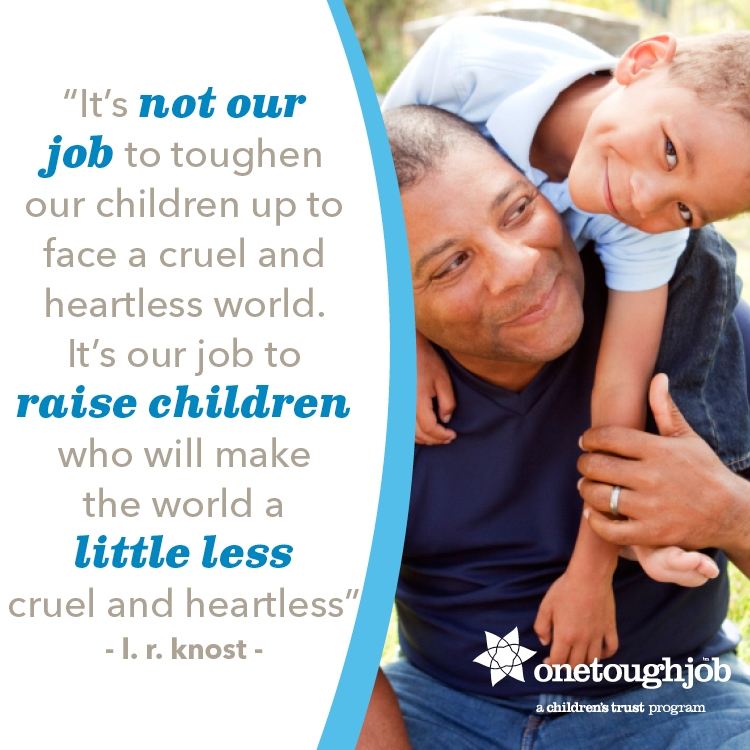
When it comes to our children, it is not enough to simply shield them from the harsh realities of racism, white supremacy, xenophobia, anti-Semitism, and bigotry. Indeed, we must talk to them about such horrors, as difficult as it may be. If we don’t, we leave them more vulnerable.
This article from the LA Times has some great age-appropriate suggestions for how to have these difficult conversations. This article from onetoughjob.org has relevant tips on talking about tragic events, while this one lays out how you can help protect your child’s idealism.
The task of creating a peaceful world of caring and compassionate people is an enormous one, but it starts with taking responsibility for doing so. Parents have a special responsibility for teaching their children that love, tolerance, and respect for diversity make it difficult for hatred to inject itself into our communities. Moments like these present a unique opportunity to teach these important values. We will do what we can to support you in that endeavor.
Nelson Mandela’s words serve as a reminder that it is possible:
